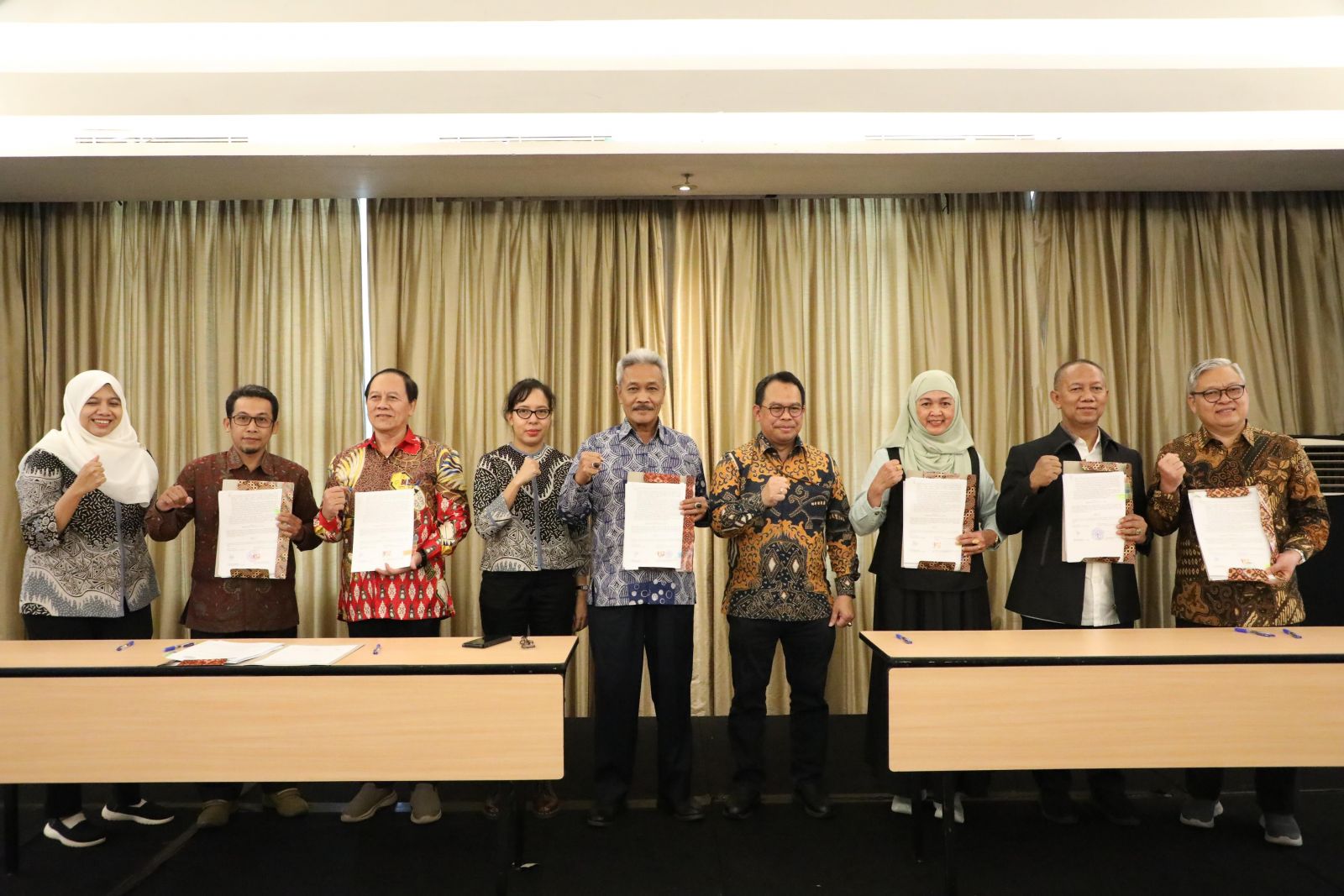
FKIP News — The Faculty of Teacher Training and Education (FKIP) at Universitas Muhammadiyah Malang (UMM) has been awarded the 2024 Revitalization Grant for Educational Personnel Training Institutions (LPTK). This strategic achievement aims to enhance the quality of education in Indonesia, particularly in addressing the challenges of 21st-century education and realizing the Golden Indonesia Vision 2045.
The Dean of FKIP UMM, Prof. Dr. Trisakti Handayani, MM, emphasized that 21st-century education demands teachers who are proficient in digital literacy and capable of leveraging technology in learning. Strengthening the governance of LPTKs to meet these needs is essential. “Improving the quality of education in Indonesia is imperative to keep pace with the times. Through this revitalization grant, we hope to improve and enhance LPTK governance and services, as well as strengthen existing partnerships. This is a critical step in ensuring our teachers are prepared to face the challenges of 21st-century education,” she stated.
Objectives of LPTK Revitalization
The revitalization program is designed to improve the implementation quality of the Teacher Professional Education Program (PPG) through the development of guidelines, instruments, and documents related to PPG services. Additionally, it focuses on:
- Enhancing the quality and capacity of reflective microteaching using Information and Communication Technology (ICT).
- Improving the quality and capabilities of learning resource centers integrated with ICT.
These efforts aim to address existing challenges, including the suboptimal implementation of reflective microteaching in specific subject areas and learning resources that do not yet meet ICT standards.
Prof. Trisakti highlighted that the challenges in education are not only about teaching quality but also the availability and management of quality learning resources. "This encourages us to focus on developing guidelines and instruments that enhance the effectiveness of learning and optimally integrate technology in the educational process during the implementation of this grant,” she explained.
Planned Activities
As part of the revitalization program, FKIP UMM has outlined various initiatives, including:
- Workshops to improve service capacity in collaboration with partner LPTKs.
- Training sessions to strengthen the human resources of partner LPTKs.
- Technical guidance on implementing reflective microteaching in real classroom settings.
- Workshops to enhance ICT-based reflective microteaching services.
- Training for personnel managing reflective microteaching.
- Workshops on developing guidelines for ICT-integrated learning resource centers.
- Developing innovative digital products and technologies as learning resource centers.
These activities aim to renew and enhance the quality and capabilities of LPTK services, facilitate innovation in learning, and support the development of educational technology.
Prof. Trisakti expressed optimism that these initiatives would be successfully implemented within the next six months, achieving the predetermined indicators. “This is our effort to continuously improve the quality of education and produce teachers who are ready to face future educational challenges,” she said.
Commitment to Excellence
Since 2018, FKIP UMM has been appointed by the Ministry of Education, Culture, Research, and Technology (Kemendikbudristek) to manage the PPG program. PPG-FKIP UMM was formally established as a study program through the Minister of Research, Technology, and Higher Education Decree No. 710/KPT/I/2018, covering fields such as Mathematics Education, Biology Education, Indonesian Language Education, Pancasila and Civics Education, English Education, and Elementary School Teacher Education. Between 2018 and 2024, the program has graduated 19,064 students.
With the support of this revitalization grant, FKIP UMM is committed to continuous innovation and adaptation to technological advancements and global educational demands, fostering a better and more effective educational environment. (*fd)

